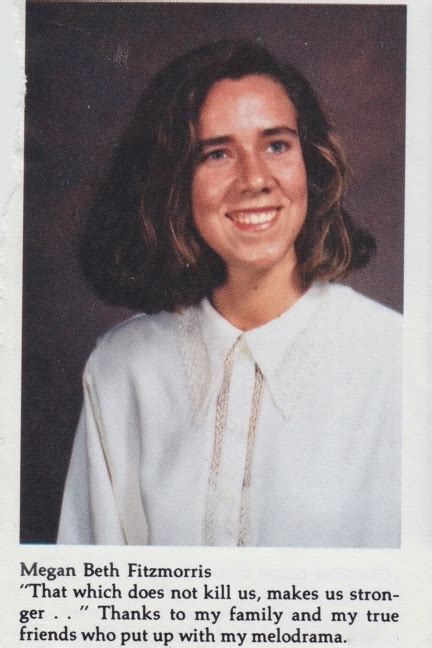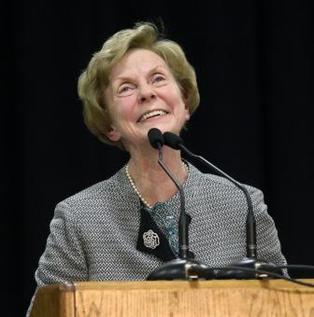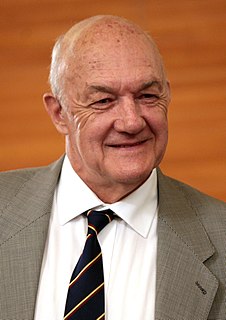A Quote by bell hooks
Popular escapist fiction enchants adult readers without challenging them to be educated for critical consciousness.
Related Quotes
I think the 'New York Times' reviews overall tend to overlook popular fiction, whether you're a man, woman, white, black, purple or pink. I think there are a lot of readers who would like to see reviews that belong in the range of commercial fiction rather than making the blanket assumption that all commercial fiction is unworthy.
I like big escapist films. It's odd because the type of comedian I am and the things I do when I'm writing and directing myself usually deal with the darker side of the human psyche and excruciating social faux pas. I often deal in taboos and the subjects I do as a stand-up are quite challenging. But my film roles have been much more fun and escapist.
The cry that 'fantasy is escapist' compared to the novel is only an echo of the older cry that novels are 'escapist' compared with biography, and to both cries one should make the same answer: that freedom to invent outweighs loyalty to mere happenstance, the accidents of history; and good readers should know how to filter a general applicability from a particular story.
It's certainly easy for me to make a fictional character mad about something. I can get them angry about something that I'm relatively indifferent about, just because I'm not educated on it, if I go to someone who is educated about it and is passionate about it. I find a point of fiction and then give it to them.


































